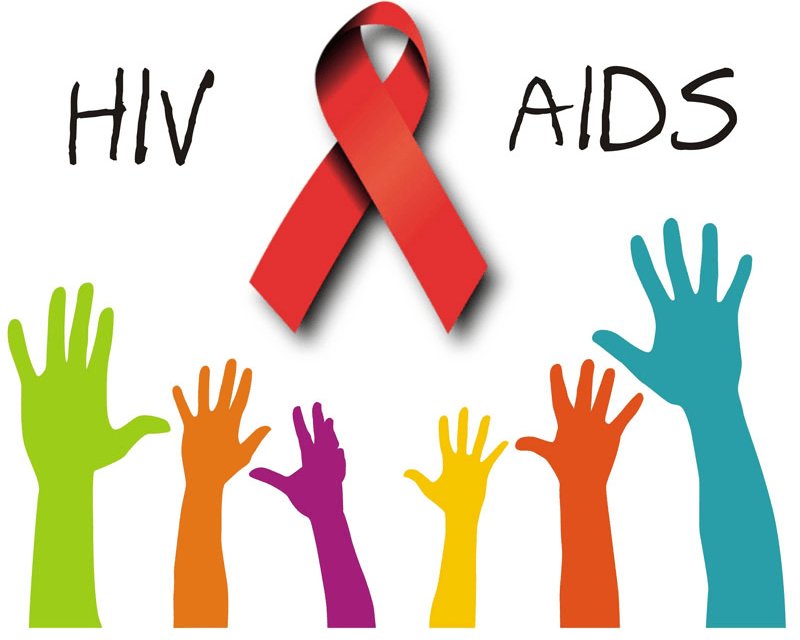PALM SPRINGS – The Reunion Project 3.0 – Palm Springs: Thriving With HIV is a free, one-day symposium focused on providing education and information on issues individuals living with HIV and AIDS face as they age.
The symposium is presented by Presented by the HIV + Aging Research Project – Palm Springs (HARP-PS).
Scheduled from 9 a.m. to 5 p.m. on Saturday, March 16, the event will be held at the Annenberg Health Sciences Building at Eisenhower. The public is welcome to attend and participate in the public sessions held throughout the day.
For more information, contact Jeff Taylor at 760.835.1926 or jeff.taylor@harp-ps.org.
In 2001, less than 20 percent of the population affected by HIV/AIDS was over 50. Now, more than 50 percent of the population living with HIV is over 50. According to the Centers for Disease Control and Prevention, that number is projected to rise to 70 percent by 2020.
While quality of life has increased dramatically, there are still questions about the quality of life for these long-term survivors. What does surviving HIV mean for them and for us as a society?
To address this question and more, Reunion Project 3.0 – Palm Springs: Thriving With HIV will offer a day of facilitated discussions, panels, and presentations with key researchers, advocates and long-term HIV/AIDS survivors.
The day ends with a keynote address by Mark S. King, a writer and activist living in Baltimore, MD. His Blog, ‘My Fabulous Disease,’ is a 2019 GLAAD Media Award Nominee.
The day also includes breakfast and lunch buffets.
About HARP-PS
HARP-PS was founded in 2015 as the Coachella Valley Community Research Initiative (CVCRI) by a group of physicians, researchers, activists, and HIV-positive residents to create a study of long-term HIV survivors to help them live longer and healthier lives. CVCRI became HIV + Aging Research Project – Palm Springs in 2017 to reflect better the overarching objective of this coalition of healthcare providers, advocates, families and friends, and HIV-positive individuals to live well despite the chronic virus they carry.
Image Sources
- HIV AIDS: Leadership Newspaper







